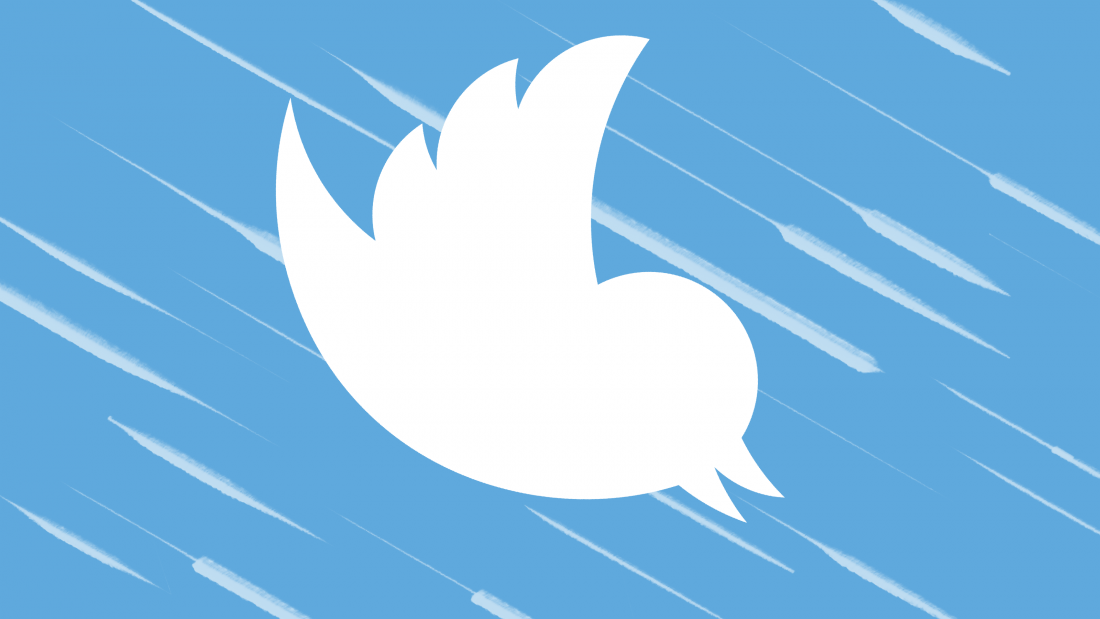Scrolling through my Twitter feed, I had an interesting thought the other day. What if Twitter just didn't exist anymore? Given all the recent troubles the company's been going through, it's no longer a completely unreasonable scenario.
Yet, for many in the tech industry, I have to imagine that borders on the unthinkable. Not because the practical realities of the business fading aren't a possibility, but because so much of their lives are caught up in the Twittersphere. For some, it would almost be like losing a leg---or worse. I mean, there are people and, indeed, entire companies whose very existence and value seems to be directly tied to their level of influence on Twitter---and not much else.
To its credit, Twitter has managed to create more than just another social network. The micro-blogging service has morphed into something many people seem to have nearly built their life around. But for all of its attraction and pull, it can also be an incredibly addictive time suck that regularly draws people into minutes (or even hours) of distractions. Sometimes leading to useful discoveries but more often than not, feeling like a waste of time.
To be fair, Twitter is an extremely valuable service for discovering news in real time, finding out what people have to say, and, as a writer, promoting what I and my friends and colleagues have written or participated in to a wider audience.
But nearly ten years in, the service has also become a shouting gallery for "traditional" celebrities and a lot of people in the tech industry who somehow believe Twitter has made them celebrities.
Harsh? Sure. Reality? I think so.
If you aren't into celebrities or the tech industry, Twitter just isn't that appealing, especially given all the other options for online social interactions.
In fact, this seems to be one of the fundamental problems of Twitter. It's appealing to Hollywood, TV, music and sports celebrities as a means to interact more intimately with their fans and share the kinds of details they'd never provide to traditional celebrity media. It's appealing to the tech industry as a mouthpiece for those who want to determine the course of what is or isn't important. The digital taste-setters, so to speak.
But for mainstream business and consumer users? Not so much. Arguably, this is the biggest problem with Twitter---it can't seem to stretch beyond its celebrity, celebrity follower, and tech roots. If you aren't into celebrities or the tech industry, Twitter just isn't that appealing, especially given all the other options for online social interactions.
Despite these points, I think the navel gazing value of Twitter to the tech industry is so high, I seriously doubt they'll let Twitter actually die. Someone with enough money and enough self-interest will likely make sure that, no matter what, Twitter will continue in some shape or form. Eventually, it's value may start to fade, as some have already started to argue, but at least the Twittersphere will have a few years to adapt and find new alternatives.
The fundamental challenge is a publishing service that's essentially based on self-promotion, self-aggrandizement, and self-importance at some point is going to run into the wall of indifference. Not everyone cares to read about what the self-elected are all doing all the time.
Real time publishing, real time interactions, and real time discovery are all incredibly important capabilities, especially in today's split second society. But there is an increasingly wide range of alternatives for people to leverage and it's not entirely clear to me that Twitter has all the tools it needs to weather the current climate.
As a reasonably long time, regular user of Twitter, I would be sad to see it go, but that doesn't mean I can't imagine life without it. I can and, increasingly, it seems many others are starting to see that potential too.
Bob O'Donnell is the founder and chief analyst of TECHnalysis Research, LLC a technology consulting and market research firm. You can follow him on Twitter @bobodtech. This article was originally published on Tech.pinions. Header image: Bryce Durbin (via TechCrunch).
